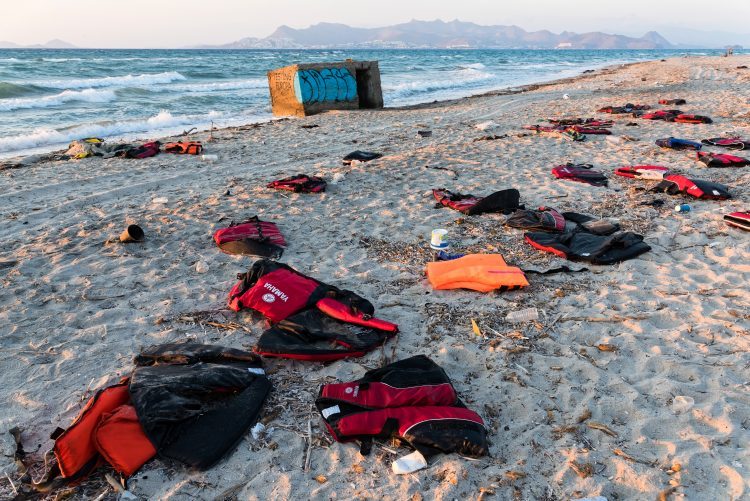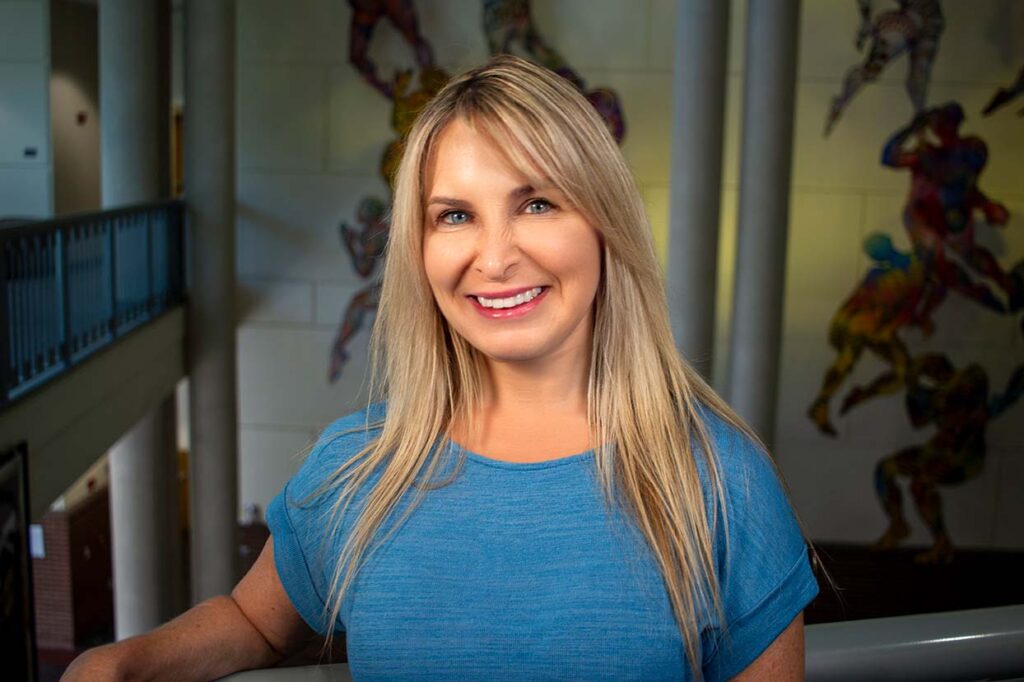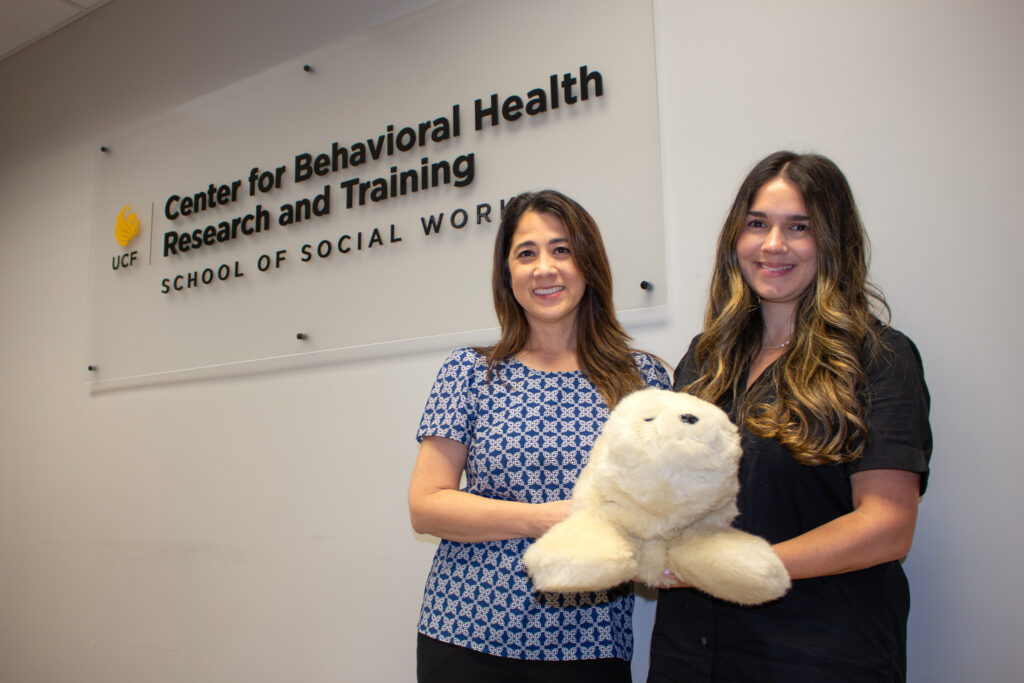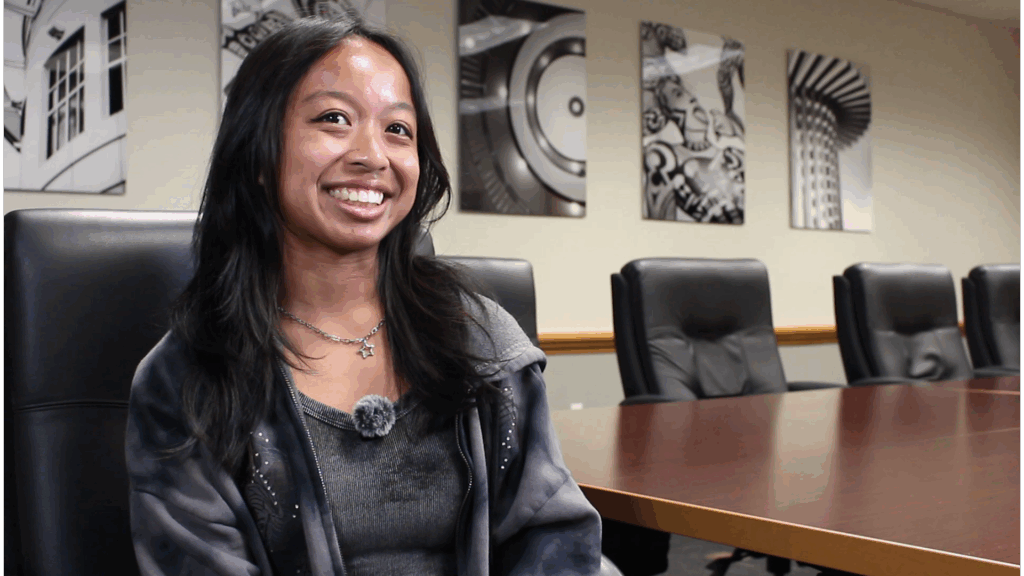Resettling into a new country can be difficult for anyone. UCF Social Work Assistant Professor Asli Cennet Yalim talks about the increased challenges refugees experience while resettling and the importance of culturally competent services.
What are some ways to support refugees who are resettling in the United States?
Yalim: We need to be more welcoming as a society and discard the biases or stereotypes that we may have seen in the media or elsewhere. We can do that by fostering the relationship and social interaction between refugee communities and local communities by having culturally competent dialog where we can learn more about background and cultures. This can facilitate an easier transition for refugees as they can integrate into society.
Refugees also need psychosocial support. There is a distinction between mental health needs and psychosocial needs. Mental health needs are assessed through the screening the United States conducts upon entrance. Albeit not mandatory, this screening mainly looks for disorders that require psychiatric help (e.g., depression, PTSD) that were most likely identified before they were refugees or is clearly visible upon entry.
Psychosocial needs refer to the issues that were not there before the conflict happened in their home country and are experienced upon resettling into a new country. For example, entering an individualized culture can cause refugees from collectivist communities to feel isolated and may lead to symptoms of depression, anxiety, etc. The psychosocial need would be providing better social support to the refugee (e.g. safe housing, stable employment).
What do you hope to achieve through your research on the needs of refugees?
Yalim: Literature suggests that since the mental health evaluation for refugees entering a new country is not mandatory, those questions are often skipped by the individual conducting the screening. I plan to work with healthcare providers who conduct these screenings on refugees to make improvements to this process.
Different cultures have different interpretations of mental health. Identifying the gaps and barriers allow us to develop more culturally competent services to better serve this population.
How are the needs of women refugees different from their male counterparts?
Yalim: By the end of 2018, almost 71 million people have been forced to leave their home country, half of that population are women, many of which are between the ages of 15-34. This population is at risk of physical violence and sexual assault during their journey, including in the refugee camps. Unfortunately, the lack of security, poor living conditions, financial strain and loss of patriarchal power, refugee women experience an increased risk of domestic violence, including wife murders.
We can help by creating spaces available to women where they can talk about their needs and opinions freely, while still being mindful of the dynamic of cultural gender norms.
Refugee women have a unique position in their new society and are the experts of their needs. We need to involve them in the problem-solving process, without supporting the stereotypical biases.
How has COVID-19 and the recent protests against racism in the United States and around the world impacted refugees?
Yalim: We are living in a very unique time. Refugees are having an even more difficult time because countries have closed their borders due to COVID-19. Levels of discrimination, Islamophobia, and racism have all increased. Though a clear finding from one of my previous studies explains the notion of politeness imperative where those experiences are not reported by refugees because they believe they are luckier than their family and friends back home and may feel guilty reporting negative experiences about the country that welcomed them. We need to better understand the implications of that perspective.








